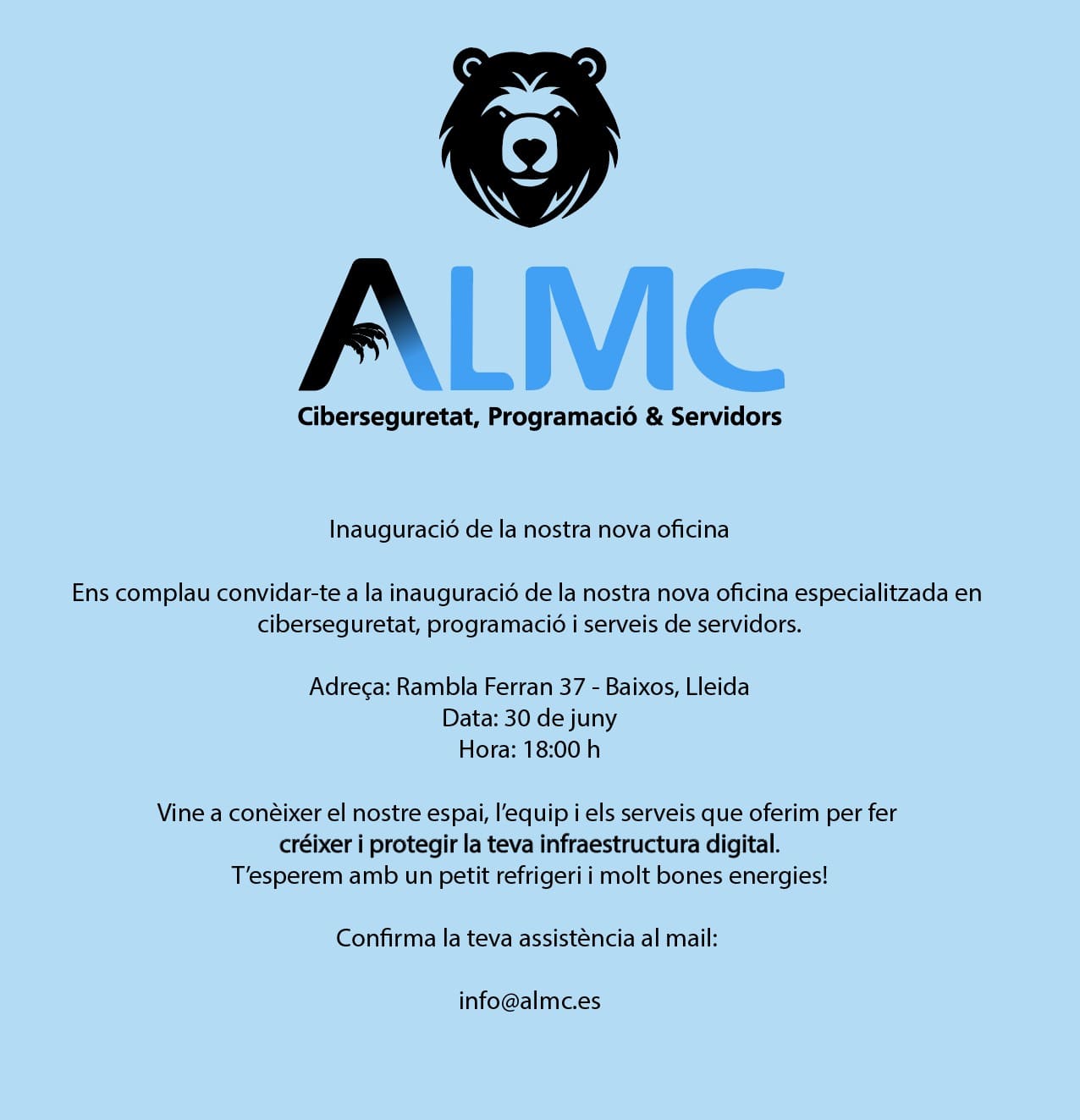MicroShift Test Analyzer MCP Server
A Python-based MCP (Model Context Protocol) server that analyzes MicroShift test failures from Google Sheets, providing specialized tools for correlating test failures with MicroShift versions.
Features
- Failed Pipelines by Version: Get failed testing pipelines grouped by MicroShift version
- Failure Summary: Get aggregate statistics of test failures across all versions
- Pipeline Failure Trends: Analyze failure trends for specific testing pipelines over time
- Search Failure Reasons: Search for specific failure reasons across all tests
- Version Comparison: Compare test results between different MicroShift versions
- Real-time Data: Fetches data directly from Google Sheets
Setup
1. Install Dependencies
pip install -r requirements.txt
2. Google Sheets API Setup
Option A: Service Account (Recommended)
- Go to Google Cloud Console
- Create a new project or select an existing one
- Enable the Google Sheets API
- Create a service account:
- Go to IAM & Admin > Service Accounts
- Click "Create Service Account"
- Fill in the details and click "Create"
- Skip the role assignment for now
- Click "Done"
- Generate a key for the service account:
- Click on the created service account
- Go to the "Keys" tab
- Click "Add Key" > "Create New Key"
- Choose JSON format
- Download the file and save it securely
- Share your Google Sheet with the service account email:
- Open your Google Sheet
- Click "Share"
- Add the service account email (found in the JSON file as
client_email) - Give it "Viewer" permissions
3. Configure Environment Variables
Copy the example environment file:
cp env.example .env
Edit .env and set your Google credentials using the values from your service account JSON file:
GOOGLE_CLIENT_EMAIL=your-service-account@your-project.iam.gserviceaccount.com
GOOGLE_PRIVATE_KEY="-----BEGIN PRIVATE KEY-----\nYour private key content\n-----END PRIVATE KEY-----\n"
Note: Copy the client_email and private_key values directly from your downloaded JSON file. Make sure to include the quotes around the private key and preserve the \n characters.
4. Update Spreadsheet Configuration
The server is currently configured to read from the spreadsheet ID in the URL you provided. If you need to change this:
- Open
server.py - Find the
SPREADSHEET_IDconstant near the top of the file - Replace it with your spreadsheet ID
You may also need to adjust the sheet name and range in the get_sheets_data() function (currently set to '2025_06!A:ZZ').
Usage
Running the Server
python server.py
The server will start and listen for MCP connections via stdio.
Development Mode
python server.py
Available Tools
The MCP server provides the following specialized tools for MicroShift test analysis:
1. get_failed_pipelines_by_version
Get failed testing pipelines grouped by MicroShift version.
Parameters:
version(optional): Specific MicroShift version to filterlimit(optional): Maximum number of results to return (default: 50)
2. get_failure_summary
Get summary of test failures across all MicroShift versions.
Parameters:
group_by(optional): Group failures by "version", "pipeline", or "reason" (default: "version")
3. get_pipeline_failure_trends
Analyze failure trends for specific testing pipelines over time.
Parameters:
pipeline_name(optional): Name of the testing pipeline to analyzedays(optional): Number of days to look back (default: 30)
4. search_failure_reasons
Search for specific failure reasons across all tests.
Parameters:
search_term(required): Search term to find in failure reasonsversion(optional): Filter by specific MicroShift version
5. get_version_comparison
Compare test results between different MicroShift versions.
Parameters:
version1(required): First MicroShift version to compareversion2(required): Second MicroShift version to compare
Spreadsheet Format
The server expects your Google Sheet to have the following column structure:
- Column A: Date (e.g., "21/06/2025_04:52:27")
- Column B: ID (e.g., "1233")
- Column C: MICROSHIFT_TARGET (e.g., "4.18.0~0.nightly")
- Column D: BREW_VERSION (e.g., "microshift-4.18.0~0.nightly_2025_06_20_030312...")
- Column E: MicroShift version (e.g., "4.18.0~0.nightly")
- Columns F+: Build images and testing pipelines with multi-line format containing:
- Architecture (x86_64, aarch64, x86)
- Test type (install, upgrade, etc.)
- Framework (RobotFramework, Ginkgo)
- Status (SUCCESS, FAILURE)
- Failure reason (if status is FAILURE)
Integration with MCP Clients
This server follows the official MCP Python SDK pattern using FastMCP. It can be used with any MCP-compatible client like Claude for Desktop.
Claude for Desktop Configuration
Add this to your Claude Desktop configuration file (~/Library/Application Support/Claude/claude_desktop_config.json on macOS):
{
"mcpServers": {
"microshift-test-analyzer": {
"command": "python",
"args": ["/absolute/path/to/mcp-test-scenarios-server/server.py"],
"cwd": "/absolute/path/to/mcp-test-scenarios-server"
}
}
}
Example Usage
Once connected to Claude for Desktop, you can ask questions like:
- "What testing pipelines failed for MicroShift version 4.18.0?"
- "Show me all failures related to 'ssh connection failed'"
- "Compare test results between version 4.18.0 and 4.17.0"
- "What are the failure trends for the rpm upgrade pipeline?"
- "Give me a summary of all test failures grouped by reason"
Troubleshooting
Authentication Issues
- Ensure your
GOOGLE_CLIENT_EMAILandGOOGLE_PRIVATE_KEYenvironment variables are set correctly - Verify the service account has access to the Google Sheet
- Check that the Google Sheets API is enabled in your Google Cloud project
- Make sure the private key format is correct (including \n characters)
Data Parsing Issues
- Verify that your spreadsheet follows the expected column structure
- Ensure pipeline data is formatted with proper line breaks separating different components
- Check that status values are one of: SUCCESS, FAILURE, FAILED, PASS, PASSED
Server Connection Issues
- Make sure the server script path in your MCP configuration is correct
- Verify that all required Python dependencies are installed
- Check that the Google Sheets ID in the server code matches your actual spreadsheet
Common Error Messages
- "No data available": The spreadsheet is empty or the parsing failed
- "Invalid credentials": Service account authentication failed
- "Permission denied": Service account lacks access to the spreadsheet
- "Column index out of range": Spreadsheet structure doesn't match expected format




